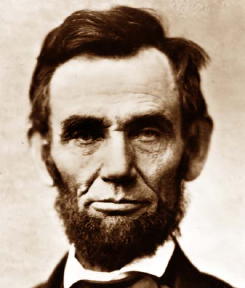[1863-11-03] BOMBARDMENT OF FORT SUMTER.; Heavy Firing Opened Last Wednesday. Twelve Hundred and Fifteen Shots Fired During the First 24 Hours. THREE OF THE MONITORS ENGAGED REPORTS FROM THE REBELS
[1863-11-04] FROM CHARLESTON HARBOR.; The Second Bombardment of Fort Sumter. CONFIRMATION OF THE REBEL REPORTS. The Speedy Destruction of the Work Considered Certain. NO CASUALTIES ON OUR SIDE. Throwing Greek Fire into Charleston Discontinued for the Present.
[1863-11-04] The Military Situation Another Magazine Discovered In Fort Wagner Personal and Miscellaneous Items.; ANOTHER MAGAZINE DISCOVERED IN WAGNER. RETURN OF GEN. SEYMOUR. GEN. TERRY AT THE NORTH. A DISTINGUISHED GUEST. FURLOUGHS. OHIO ELECTIONS AND OHIO TROOPS. A WORTHY EXAMPLE.
[1863-11-04] Prospects at Charleston.
[1863-11-06] The Election in Maryland Emancipation Accepted.

